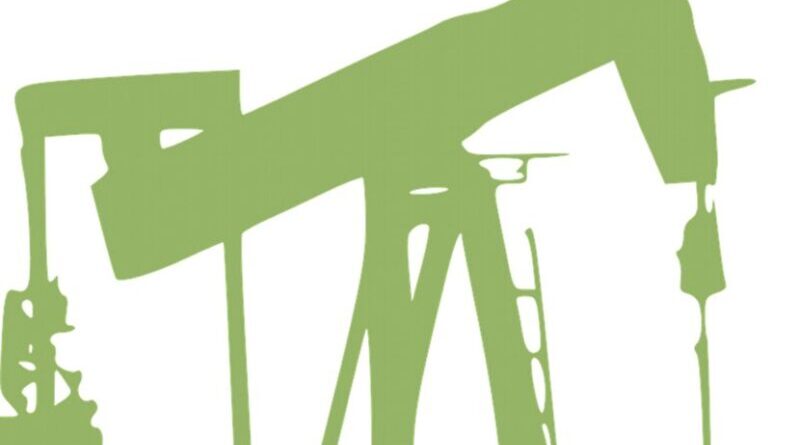Social Changes With COVID-19 A Prelude To Life With Less Fossil Fuels – OpEd
By Ronald Stein
While the world is fevirously trying to reduce emissions from fossil fuel usage, we get hit with the horrific contagious Coronavirus COVID-19. We’ve seen extensive self-imposed social adjustments to transportation that are very similar to what will be required to live with less fossil fuels in the future.
We’ve seen a serious reduction in the usage of the transportation infrastructures of airlines, cruise ships, as well as automobiles, trucks and their impact on the leisure and entertainment industries, all to avoid crowds.
Before fossil fuels and the thousands of products made from petroleum derivatives, and electricity that followed, the world was a zero-sum snake pit. One that was at war against one another scrounging for food, water, and shelter. In the 1800’s most people never traveled 100-200 miles from where they were born. Life expectancy throughout Europe hovered between 20 and 30 years of age.
The social lifestyles before 1900 had no such transportation choices, as they had no autos, planes, or cruise ships for transportation. The inventions of the automobile, airplane, and the use of petroleum in the early 1900’s led us into the Industrial Revolution. Crude oil, natural gas, and coal changed – for the better – the lifestyles of every person living in developed countries such as, the U.S., Europe, Japan, South Korea, and Australia.
We would not be able to “make products and move things” if not for the thousands of products from petroleum derivatives that get manufactured from crude oil that wind turbines and solar panels cannot manufacture.
Economies around the world, and all the infrastructures are increasing their demand and usage each year of those energy sources from deep earth minerals/fuels to make thousands of products, inclusive of but not limited to:
- Medications and medical equipment for cures for most diseases
- Electronics for worldwide communications
- Fertilizers to help agriculture feed the world
- Asphalt for all the roads
- Tires for all vehicles
- Steel for every building in the world
- Wire for the worldwide electrical grid
Today, the airlines that did not exist before 1900, transported more than 4.1 billion passengers in 2017 around the world and projections are 7.8 billion airline passengers by 2036. Cruise ships which also did not exist before 1900 move 25 million passengers around the world every year.
Along with those transportation options available for society, we also have billions of vehicle trips to and from airports, hotels, ports, and amusement parks that are increasing each year. COVID-19 has shown us that society changes can reduce the demand of those growing numbers.
Yes, we may be using fossil fuels too extensively for leisure and entertainment but the developed world is where it is today, healthier and wealthier, because of all those products we get from those oil derivatives.
To meet those low emission targets, we’ll need to continue to reduce the transportation demands of society and COVID-19 may be showing us how we’ll need to retract from our extravagant usage of the various transportation systems that did not exist before fossil fuels.
Our future existence may be less vacations and less business conferences. Reductions in the usage of the entertainment and hospitality industries, neither of which existed before fossil fuels, may also be necessitated.
As we weed ourselves from oil, we’ll need to lower our demands for transportation infrastructures that COVID-19 has shown us the way.
As we weed ourselves away from fossil fuels, we’ll need to accept that developing countries like many in China, India, and Africa are still stuck in the pre-1900’s era. They have yet to join the industrial revolution and the opportunity to enjoy the thousands of products in our daily lifestyles. Of which may never do so as the fuels that support the demands of the various transportation infrastructures will be diminishing.
The same politicians that are thrashing on the oil and gas industry, and seeking its demise, are the same ones reaping the benefits of the medications, medical equipment, communication networks, and the thousands of other products. This from industries that have contributed to their lifestyles and their ability to live beyond 80 years of age. Those vocal about emissions need to join the conservation movement.
Yes the world has changed from the societies that existed in primeval times, without airlines, trains, vehicles, merchant ships, medications, fertilizers, cosmetics, and military equipment like aircraft carriers, battleships, planes, tanks and armor, trucks, troop carriers, and weaponry, and electricity that did not exist before 1900, but now may be the time to start showing our conservation cards.
At a rapid pace more and more countries and governments are moving their energy policies toward ridding the world of fossil fuels to electrify societies using only intermittent electricity from wind turbines and solar panels. Electricity alone may support a simplifier lifestyle but cannot support the huge energy needs of the transportation infrastructures, nor provide the thousands of products that societies demand from those petroleum derivatives.

